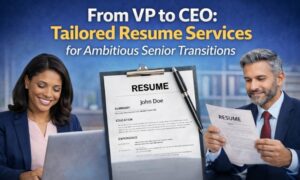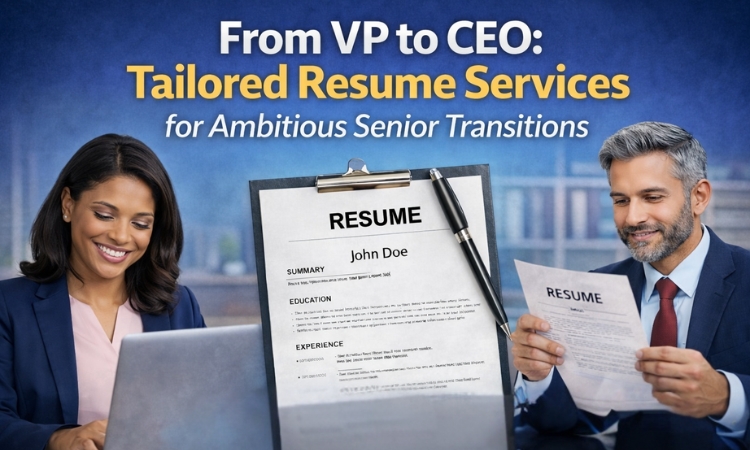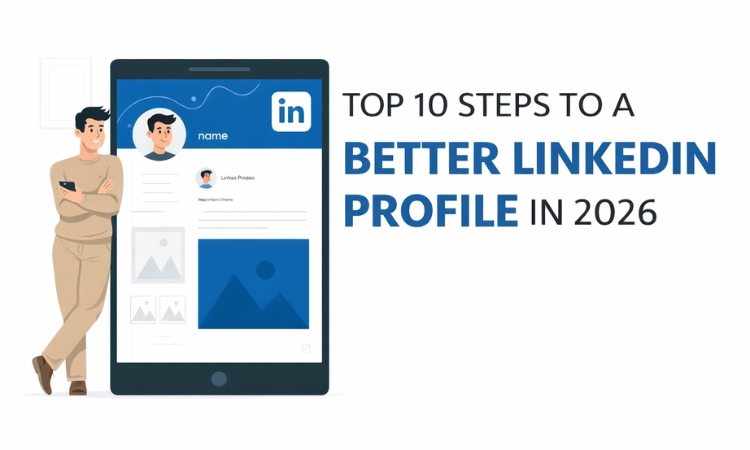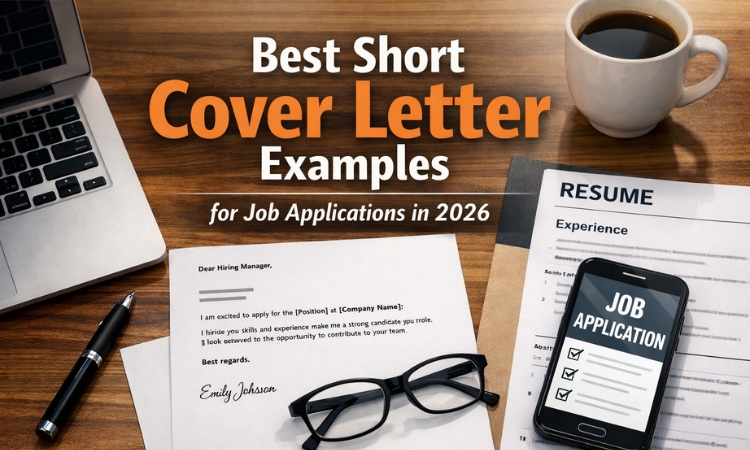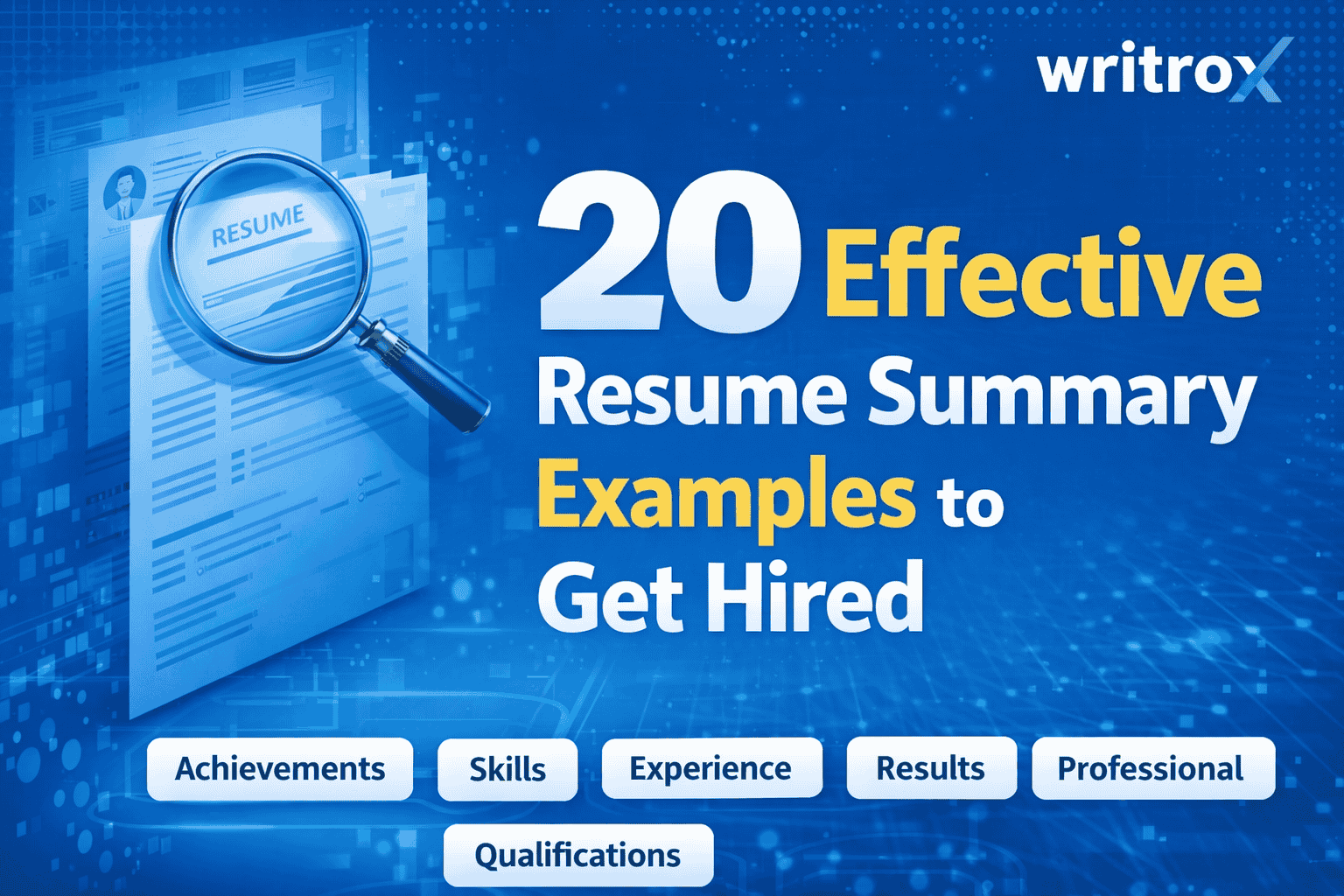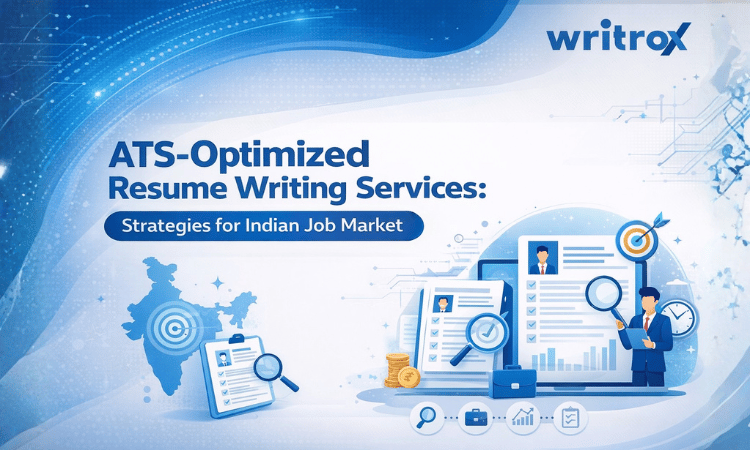Resume For a Career Change :Resumes are the first impression that you give to recruiters and hiring for any job position. And it is important for them to know about you and your skills. A well-written resume can help you land a job, but if it is poorly written, you may lose out on a chance to work with some great companies. A resume is a document that contains information about your professional and academic qualifications, experience, skills and accomplishments. It is used by the employers to evaluate your eligibility for particular job position. Your resume can make or break your chances of getting a job interview. While building a Resume for a career change you should keep alot of things in mind. The best way to do this is by making sure that it includes all relevant information required for the position being applied for, while avoiding information that’s irrelevant or unrelated.
Here are some of the suggestions you can take while making Resume for a career change –
- Study up on your new field –

Let’s try to understand it with an example. If you’re going from accounting to nursing or marketing to engineering, it’s important that you understand the requirements and expectations of your new job. Read up on what it takes to become an RN or what jobs are available in engineering. Find out what companies are hiring and where they’re located so you can create a realistic plan for getting there. If you are approaching a career transition, (and are willing to put in the research and effort required, of course) it may be worth your time to revisit and update your resume. When in doubt, take resume writing services from a professional service provider they offer plenty of guidance on formatting and editing.
2. Choose the best resume format –
If you’re changing from one industry to another, you may need to tweak your resume layout. For example, if most of your experience was in retail sales but now it’s more administrative work, consider using a functional resume instead of a chronological one so that employers can see all of your skills at once rather than having to flip through pages and pages of previous jobs. While you work on creating the best resume format you can take up any good resume writing services and can get a professional resume done from them. Make sure to do the most thorough job possible to put your best foot forward and ensure you have all of your skills and experience outlined.
3. Identify Your Transferable Skills –

One of the most important parts of creating a new resume is making sure that it reflects your current skills and experience. You should take some time to identify those skills that are transferable from one field to another. For example, if you’ve worked as an accountant in hospitality and now want to move into finance, then you’ll need to know what skills are applicable in both industries – as well as what they’re called within each industry while building your resume for career change
4. Include a mission or a summary line –
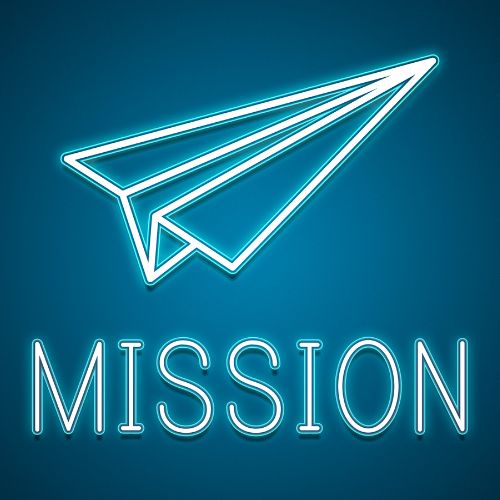
Your new job will have different requirements from your old one, and you need to convey this in your resume. A great way to do so is by including a short summary of what you’re looking for in your next job. For example, you might say “I am seeking an opportunity where I can use my experience with customer service and marketing to lead successful campaigns.” This will help employers understand what type of role they should be considering you for. Any statement you write should be 100% original; avoid copying it from another source by hand. If you are facing challenges in building a mission or summary line for your resume while switching your job the best thing would be to contact a resume writing service provider and get it done professionally.
5. Avoid unnecessary information in your resume –
If you want to get a new job as an IT consultant but have only been in marketing, don’t include any of your marketing skills in your resume. You may think that it will help to show how versatile you are, but the person who is hiring is likely to see this as fluff and not take you seriously as a candidate. They want to see that you have relevant experience and education — not just broad-based knowledge that doesn’t apply to the open position. Remember: your work history should tell a reader exactly what you are looking for, and that you have the experience to get the job done. Keep your resume organized and make it easy for recruiters to understand what you’re all about. A new survey finds that more than half of job seekers are tempted to embellish their resume. The survey by Harris Interactive on behalf of CareerBuilder found that 56 percent of job seekers say they have added information to or left out information from their resume in an effort to get the job. So always add relevant information while creating a resume for career change.
CONCLUSION
If you are starting a career change, update your resume. Your resume is the most important document to get right during job hunting. It’s really your only chance to make an impression on a potential employer and get them interested in bringing you on board. If your resume isn’t up to par, you could end up without an interview. For any further help and assistance try taking resume writing services to get better help in creating a professional resume and crack the job interview you are applying for. Keep in mind that, depending on your experience and the industry you are moving into, the look and feel of your resume may need some revision. Contrast this with an industry change, where all you may need is a shift in the information presented on your resume to reflect your new career direction.




